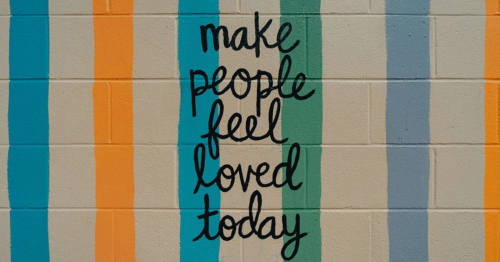Articles related to suicide-awareness

Antidepressants and Suicidal Thoughts: What You Should Know

Clinically Reviewed By: Dr. Eli Muhrer

Written By: Ashley Laderer

Your Guide to Supporting a Suicidal Friend

Clinically Reviewed By: Meghan Jensen
Written By: Charlie Health Editorial Team

Here’s What to Say to Someone Who Is Suicidal

Clinically Reviewed By: Meghan Jensen

Written By: Sarah Fielding

Warning Signs of Suicidal Ideation You Should Know

Clinically Reviewed By: Sarah Lyter

Written By: Sarah Fielding

5 Signs You Need to Go to a Mental Hospital

Clinically Reviewed By: Rebecca Holland

Written By: Ashley Laderer

What Happens When You Go to the Emergency Room for Mental Health

Clinically Reviewed By: Clary Figueroa

Written By: Alex Bachert, MPH

Who to Call for a Mental Health Crisis Instead of the Police

Clinically Reviewed By: Meghan Jensen

Written By: Alex Bachert, MPH

You Might Want to Make a Mental Health Crisis Plan

Clinically Reviewed By: Sarah Lyter
Written By: Charlie Health Editorial Team

What Are Crisis Stabilization Services?

Clinically Reviewed By: Sarah Lyter

Written By: Alex Bachert, MPH

Passive Suicidal Ideation vs Active Suicidal Ideation: What’s the Difference

Clinically Reviewed By: Dr. Don Gasparini

Written By: Alex Bachert, MPH

What Is the Columbia-Suicide Severity Rating Scale (C-SSRS)?

Clinically Reviewed By: Dr. Don Gasparini

Written By: Elizabeth Kroll

What Is the Best Therapy for Suicidal Thoughts?

Clinically Reviewed By: Dr. Don Gasparini

Written By: Alex Bachert, MPH

Here’s What Passive Suicidal Ideation Actually Looks Like

Clinically Reviewed By: Dr. Don Gasparini

Written By: Alex Bachert, MPH

What You Need to Know About Suicide, According to Charlie Health Clinicians

Clinically Reviewed By: Dr. Don Gasparini
Written By: Charlie Health Editorial Team

Suicide Prevention and Resources for LGBTQIA+ Youth

Clinically Reviewed By: Dr. Don Gasparini
Written By: Charlie Health Editorial Team

How Charlie Health Supports Survivors of Suicide Attempts

Clinically Reviewed By: Dr. Don Gasparini

Written By: Ashley Laderer

What to Know About Suicidal Gestures

Clinically Reviewed By: Dr. Don Gasparini

Written By: Alex Bachert, MPH

Increase in Suicide, Hospital Visits Showcases Teen Mental Health Crisis

Clinically Reviewed By: Dr. Jaime Ballard

Written By: Alex Bachert, MPH






